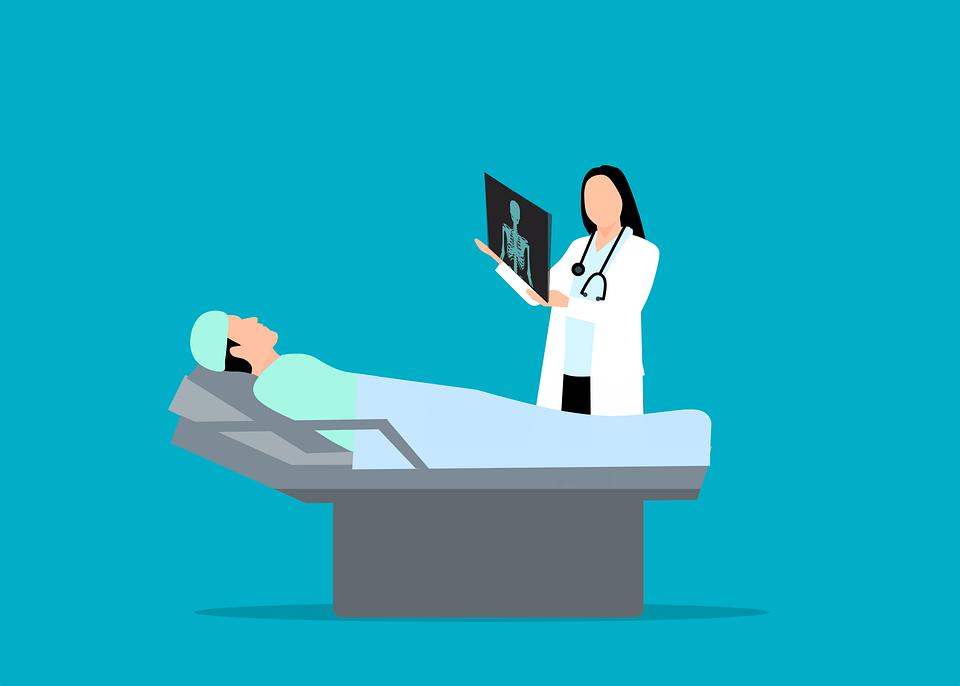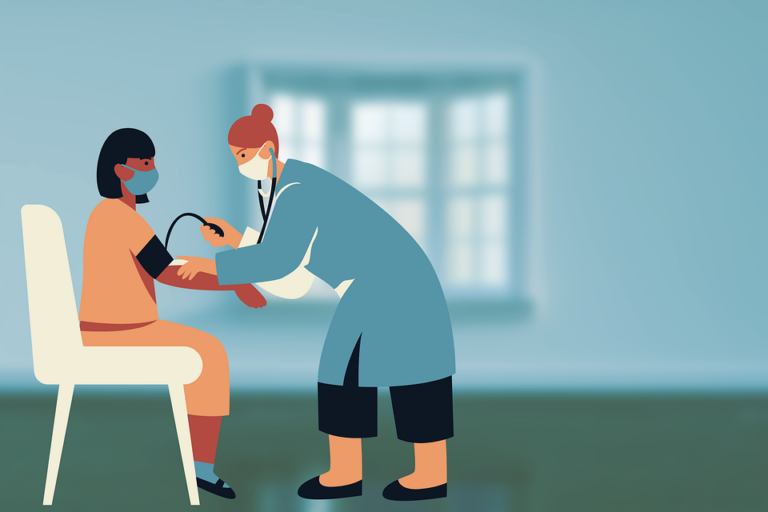Book Appointment Now

Why Every Nurse Should Be Trained in Mental Health First Aid
Mental health is an integral component of overall well-being, yet it is often overlooked in healthcare settings. Nurses, as frontline healthcare providers, frequently encounter patients experiencing mental health crises, ranging from anxiety and depression to severe psychiatric conditions. Mental Health First Aid (MHFA) training equips nurses with the skills to recognize, respond to, and support individuals facing mental health challenges. This article argues why every nurse should be trained in Mental Health First Aid, emphasizing its importance in improving patient care, reducing stigma, and fostering a holistic approach to health.
Our nursing experts can deliver 100% custom paper about the importance of having trained nurses in mental health first aid according to your order instructions.
Write my nursing essay
The Growing Prevalence of Mental Health Issues
Mental health disorders are among the leading causes of disability worldwide, affecting millions of individuals across all age groups. According to the World Health Organization (WHO, 2023), one in four people will experience a mental health condition at some point in their lives. Nurses are often the first point of contact for patients in crisis, whether in hospitals, clinics, schools, or community settings. Without proper training, they may struggle to identify and address mental health issues effectively, leading to missed opportunities for early intervention and support (American Nurses Association [ANA], 2021).
MHFA training provides nurses with the tools to recognize signs of mental health struggles, such as changes in behavior, mood, or social interactions. By identifying these signs early, nurses can intervene before the situation escalates, improving outcomes for patients and reducing the burden on healthcare systems (National Council for Mental Wellbeing, 2022).
Reducing Stigma and Promoting Compassionate Care
Stigma surrounding mental health remains a significant barrier to seeking help. Many individuals fear judgment or discrimination, which can prevent them from accessing the care they need. Nurses trained in MHFA are better equipped to approach mental health issues with empathy and understanding, creating a safe and nonjudgmental environment for patients.
MHFA training emphasizes the importance of language and communication in reducing stigma. Nurses learn how to have open, supportive conversations about mental health, which can encourage patients to share their experiences and seek help. By modeling compassionate care, nurses can also influence their colleagues and communities to adopt a more inclusive and supportive attitude toward mental health (WHO, 2023).
Enhancing Crisis Intervention Skills
Mental health crises, such as panic attacks, suicidal ideation, or psychotic episodes, require immediate and skilled intervention. Nurses trained in MHFA are prepared to handle these situations calmly and effectively. The training covers de-escalation techniques, risk assessment, and appropriate referral pathways, ensuring that patients receive timely and appropriate care.
For example, a nurse trained in MHFA can recognize the warning signs of suicidal behavior and take immediate action, such as providing emotional support, connecting the patient with mental health professionals, or involving family members in the care plan. These interventions can be life-saving and demonstrate the critical role of MHFA training in crisis situations (ANA, 2021).
Supporting Holistic Patient Care
Nursing is inherently holistic, addressing the physical, emotional, social, and spiritual needs of patients. However, mental health is often neglected in favor of more visible physical health concerns. MHFA training ensures that nurses can integrate mental health care into their practice, providing a more comprehensive approach to patient well-being.
For instance, a nurse caring for a patient with diabetes may notice signs of depression, such as lack of motivation to manage their condition. With MHFA training, the nurse can address the mental health component, offering support and connecting the patient with appropriate resources. This holistic approach not only improves mental health outcomes but also enhances the management of physical health conditions (National Council for Mental Wellbeing, 2022).
Strengthening Interprofessional Collaboration
Mental health care often requires a team-based approach, involving psychiatrists, social workers, counselors, and other healthcare professionals. Nurses trained in MHFA can serve as a bridge between patients and mental health specialists, facilitating collaboration and ensuring continuity of care.
For example, a nurse in a primary care setting can use their MHFA skills to identify mental health concerns and refer patients to specialized services. They can also provide follow-up support, ensuring that patients adhere to treatment plans and attend appointments. This collaborative approach improves patient outcomes and strengthens the overall healthcare system (WHO, 2023).
Addressing the Mental Health Needs of Healthcare Workers
Nurses themselves are not immune to mental health challenges. The demanding nature of their work, coupled with exposure to trauma and suffering, puts them at risk for burnout, anxiety, and depression. MHFA training not only benefits patients but also equips nurses to support their colleagues and themselves.
By fostering a culture of mental health awareness, MHFA training encourages nurses to seek help when needed and support one another during difficult times. This can lead to improved job satisfaction, reduced turnover rates, and a healthier work environment (ANA, 2021).
Mental Health First Aid training is an essential component of nursing education, enabling nurses to address the growing mental health needs of their patients and communities. By reducing stigma, enhancing crisis intervention skills, and promoting holistic care, MHFA training empowers nurses to provide compassionate and effective support. In a world where mental health issues are increasingly prevalent, every nurse should be trained in Mental Health First Aid to ensure that no one faces a mental health crisis alone. This training is not just a professional responsibility—it is a moral imperative that can save lives and transform healthcare.
References
American Nurses Association. (2021). The importance of Mental Health First Aid training for nurses. Retrieved from https://www.nursingworld.org
National Council for Mental Wellbeing. (2022). Mental Health First Aid: Empowering nurses to support mental health. Retrieved from https://www.thenationalcouncil.org
World Health Organization. (2023). Mental health in nursing: A global perspective. Retrieved from https://www.who.int







